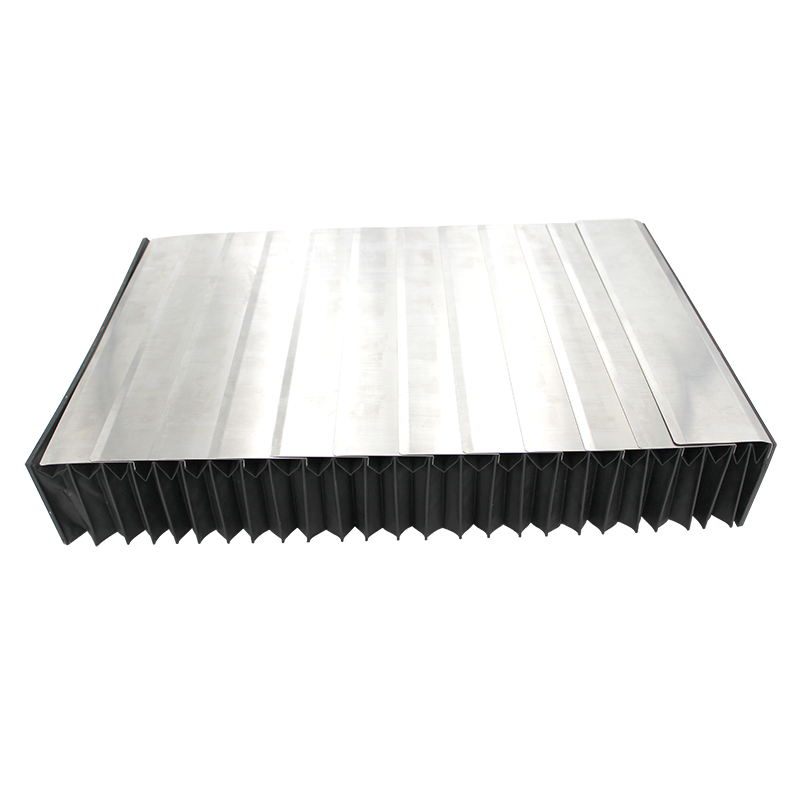Corrugated Flexible Conduit - Durable Protection for Cables
The Versatility of Corrugated Flexible Conduit A Comprehensive Overview
In the realm of electrical installations and protection, corrugated flexible conduit has gained significant attention for its remarkable properties and versatility. This innovative product serves as a protective pathway for electrical wires and cables, ensuring both safety and longevity in various applications. The growing demand for reliable electrical systems has made corrugated flexible conduit a crucial component across different industries.
What is Corrugated Flexible Conduit?
Corrugated flexible conduit is a type of tubing made from materials such as PVC or polyethylene, designed with a ribbed or corrugated structure. This unique design not only allows for flexibility and ease of installation but also provides robust protection against environmental factors such as moisture, dust, and mechanical impacts. Its lightweight nature makes it the preferred choice for many applications, facilitating quicker and more efficient installations.
Advantages of Using Corrugated Flexible Conduit
1. Flexibility and Durability One of the standout features of corrugated flexible conduit is its ability to bend and twist without compromising its structural integrity. This flexibility is particularly advantageous in tight spaces or intricate layouts, allowing electricians to maneuver easily during installation. Furthermore, its durability ensures that it can withstand harsh conditions, making it suitable for outdoor applications.
2. Resistance to Environmental Hazards Corrugated flexible conduits are designed to resist various environmental hazards, including moisture, chemicals, and UV radiation. This makes them ideal for industrial settings, where exposure to such elements is common. In addition, their ability to resist abrasion ensures that the cables housed within remain protected over time.
corrugated flexible conduit

3. Ease of Installation Installation of corrugated flexible conduit is straightforward, requiring minimal tools and equipment. Electricians can quickly run conduit through walls, ceilings, and floors without the need for complicated fittings or connections. This efficiency not only saves time but also reduces labor costs in the long run.
4. Versatile Applications Due to their myriad advantages, corrugated flexible conduits find application across various sectors, including residential, commercial, and industrial spaces. They are commonly used in machinery, automotive, telecommunications, and renewable energy systems, showcasing their adaptability to different environments and requirements.
Environmental Considerations
With increasing awareness of environmental issues, the manufacturing processes and materials used in corrugated flexible conduits have also evolved. Many manufacturers are now producing conduits that are recyclable and made from sustainable materials. This shift not only helps in reducing plastic waste but also contributes towards a greener future.
Conclusion
Corrugated flexible conduit stands out as a critical component in the electrical industry, providing unmatched protection and versatility for wiring systems. Its inherent flexibility, resistance to environmental hazards, ease of installation, and wide-ranging applications make it an indispensable choice for electricians and engineers alike. As industries continue to prioritize safety and efficiency, the significance of corrugated flexible conduits will undoubtedly grow, paving the way for innovative developments in electrical installations.
In summary, whether you are working in construction, manufacturing, or any field requiring electrical installations, incorporating corrugated flexible conduit into your systems can enhance both the longevity and safety of your electrical components. As technology advances, the future of conduit solutions looks promising, with continued innovations expected to meet the evolving needs of the industry.








